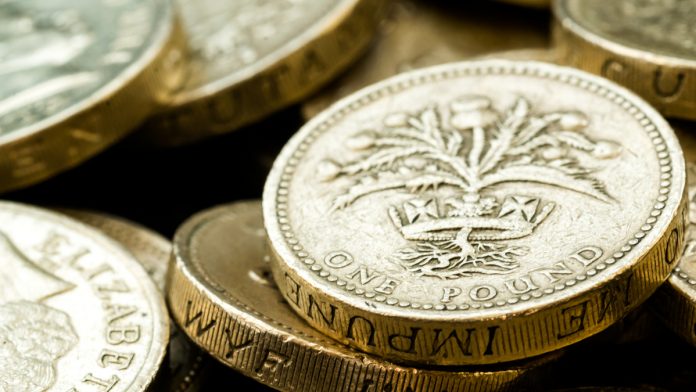- Pound (GBP) rises after BoE Bailey sent it lower
- UK GDP data is due
- Euro (EUR) rose on pound weakness
- Industrial production data due
The Pound Euro (GBP/EUR) exchange rate is rising after steep losses in the previous session. The pair dropped 0.85% yesterday, settling at €1.1294 after trading in a range between €1.1284 – €1.1466 across the session. At 05:45 UTC, GBP/EUR trades +0.13% at €1.1313.
The pound rose against the euro early yesterday after an unexpected decline in the rate of unemployment, and the Bank of England was forced to intervene in the bond market for the third time. However, BoE’s Bailey then sent the pound tumbling.
The unemployment rate unexpectedly fell to 3.5% in the three months to August, down from 3.6%, ad hitting a level not seen since 1974. The rate of unemployment fell as the number of people leaving the workforce rose to the highest level since record began. With 252,000 leaving the labour market over the past three months, demand remained strong, and wages were pushed higher.
Separately the BoE was also forced to step in the support the bond market to prevent financial instability. Bonds sold off, pushing the rate of borrowing for the government to the highest level since the financial crisis. This was followed by comments from Bailey that BoE support would end in 3 days sending the pound lower.
Today all eyes will be on the UK GDP data, which is expected to contract -0.2% in the three months to August after holding steady in July at 0%. On a monthly basis, GDP is expected to be flat after rising 0.2% month on month in August. Weak economic growth could raise fears of recession.
The euro rose against the pound and the US dollar, in a relatively quiet session. There was no high impacting eurozone data for investors to digest. Instead, the focus was on the European Central Bank’s chief economist, Philip Lane’s speech. Lane warned that there was no broad evidence of the de-anchoring of medium-term inflation expectations suggesting that more aggressive rate hikes were needed.
Today the economic calendar is still very quiet with just industrial production data due. A speech by ECB President Christine Lagarde will also be watched carefully.





